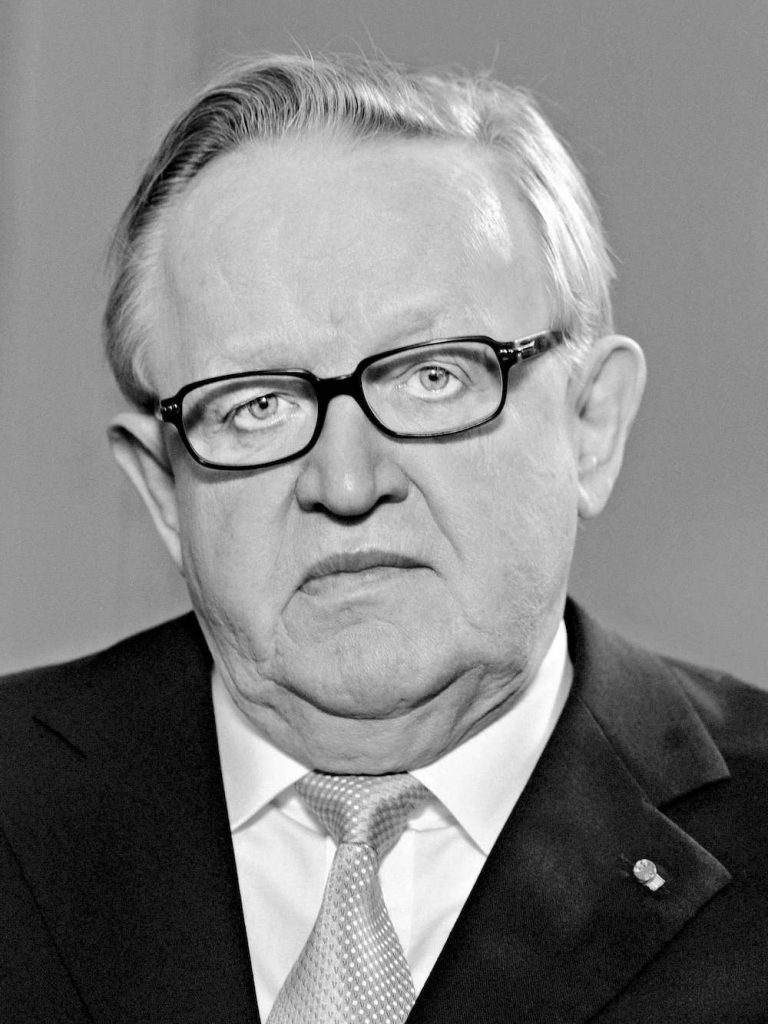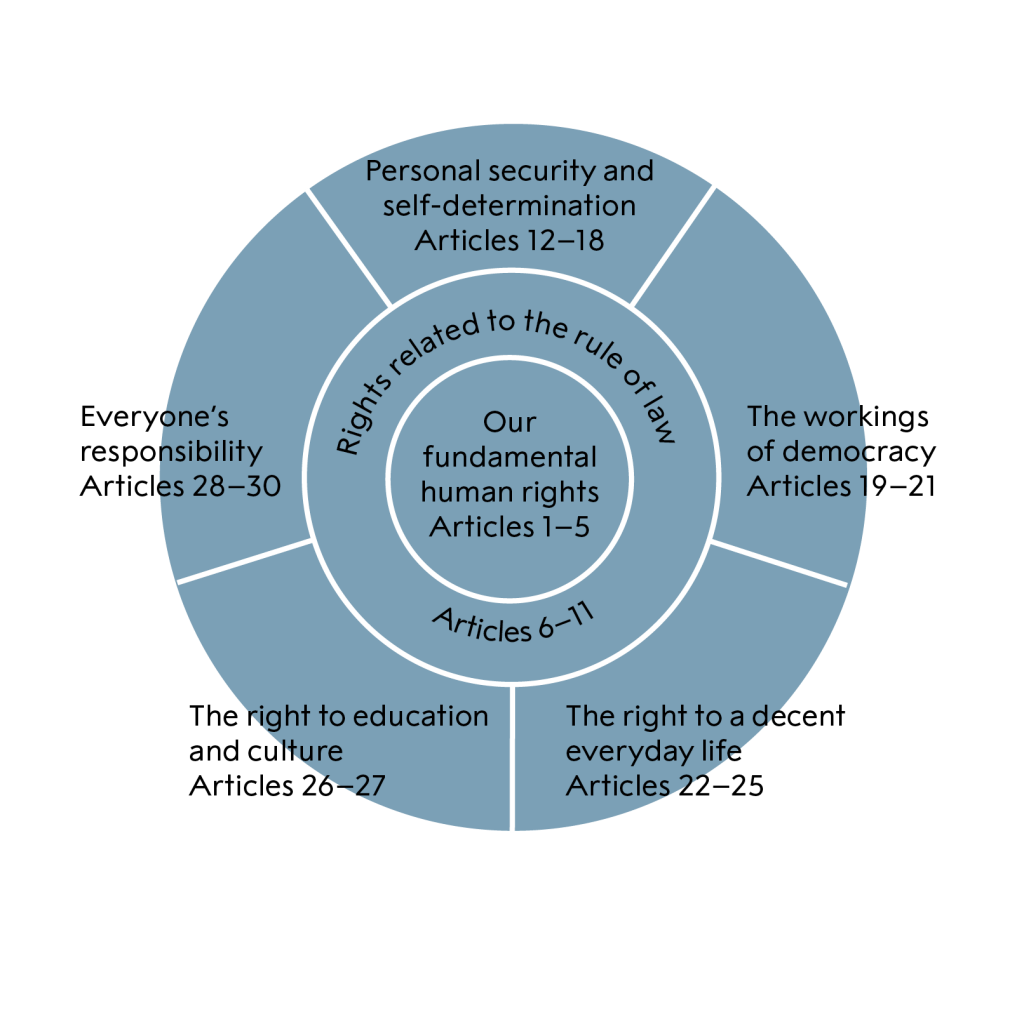Martti Ahtisaari

Photo from the Nobel Foundation archive.
Watch the video on Nobel Prize-awarded peace negotiator Martti Ahtisaari
and then answer the questions.
In 1915, Namibia was occupied by neighbouring South Africa. Namibia’s black population was discriminated against by the invaders, and in 1960 they formed the South West African People’s Organisation (SWAPO), which strove for independence. SWAPO started an armed conflict, and the fighting between its soldiers and the South African military went on for decades.
In the late 1980s, the UN sent one of the world’s foremost negotiators, Martti Ahtisaari, to Namibia. He was given a difficult challenge: to get the former mortal enemies to come together to negotiate. Using conversation instead of weapons, he led Africa’s last colony to independence and democratic elections.
Martti Ahtisaari was awarded the Nobel Peace Prize in 2008 for the tremendous contributions he made over a period of more than 30 years to solving international conflicts on several continents.
This unit includes images and scenes that may be frightening or disturbing.
1. Who is Martti Ahtisaari?
2. What was it like in Namibia when Ahtisaari arrived there in 1989?
3. What did the United Nations want to achieve by sending Ahtisaari there? What did
he do to achieve that goal?
4. What human rights do you see as connected to Martti Ahtisaari’s work and the
situation in Namibia?
Start by looking at the image below and decide what kind of rights he
was fighting for. Then use Amnesty’s summary version of the Universal Declaration of Human Rights
to identify one or more specific articles.

Additional resources – Namibia
5. What does the political situation in Namibia look like today, 30 years later? And what
is the condition of human rights in the country? Search for information on the
Internet. Use evidence from at least two sources in presenting your answer. Some
recommended sources of information:
• https://www.britannica.com/place/Namibia/The-road-to-Namibia
• https://freedomhouse.org/country/namibia/freedom-world/2019
6. Freedom House is an organisation that works to increase freedom and democracy
all over the world. Take a look at their map of the world. Here they have given
countries different scores based on how many freedoms and rights their citizens
have. Namibia is considered to be a country of great freedom, but it scores lower than
Ghana and Mongolia, for example. What do you think is needed for Namibia to score
higher?